“The great affairs of the world, wars, revolutions, etc. were conducted by those who, while maintaining the public interest, acted from selfish interests, whatever they may pretend.” – Benjamin Franklin
In 1976, peace negotiations had begun during the civil war and America’s founding Fathers were debating on how to resolve the conflict.
One of the most outspoken members of the group was John Adams who believed that Benjamin Franklin’s ideas of how the country should operate were not only at odds, Adams believed that Franklin’s policies would divide the country rather than unite it.
Adams wrote:
“Franklin’s cunning will be to divide us; to this end, he will provoke, he will insinuate, he will intrigue, he will maneuver.”
This is an image of Benjamin Franklin, statesman, philosopher, scientist, and framer of our Declaration of Independence. As portrayed on the Broadway stage in the inspired musical drama, “1776,” he wins ovations at every performance and sends the audience home feeling warmed and re-Americanized.”
Why would John Adams make such a claim about one of the most renowned figures in American history?
Most Americans know Benjamin Franklin as one of the Founding Fathers of our country. He was a genius polymath who dabbled in many different fields, including science, politics, writing, and invention. Franklin is best known for his work as an inventor, creating such devices as the lightning rod and bifocals, as for his roles in the American Revolution and the founding of the United States.
What many people do not know about one of the greatest Founding Fathers was that he was also a British Spy.
According to the famous British Historian, Richard Deacon (Donal McCormick), author of “A History of the British Secret Service, “Franklin was a member in good standing known to the British Secret Service as “Agent No. 72.”
During the formation of the American Colonies and throughout his career, Franklin maintained a close relationship with several British officials, including Lord North, the Prime Minister at the time, and regularly corresponded with British Army officer John Burgoyne. He would also spend a significant amount of time in London during the early stages of the American Revolution.
In 1776, at the height of the Revolutionary War, Burgoyne wrote a letter to Franklin asking for intelligence about American troop movements. While there is no definitive proof that Franklin complied with this request, some historians believe he may have passed along information that led to Burgoyne’s eventual defeat at the Battle of Saratoga—a turning point in the war.
He then became close friends with Edward Bancroft in 1768 who was also working as a spy for Britain. The two men exchanged information with each other about their respective countries for many years. It is not known for sure how much information Bancroft gave to Franklin or vice versa, but it is certain that they were both spying on their respective countries during a time of war.
Bancroft also introduced Franklin to several members of British intelligence, including John Montagu, 4th Earl of Sandwich, and Sir Joseph Yorke. It is possible that Yorke used Franklin as a conduit to pass information about American military plans to the British government during the Revolutionary War.
In addition, when Franklin returned to America after the war, he was given a very generous pension by the British government. It is worth mentioning that pensions were actually quite common at the time, and many other Americans who played key roles in the Revolution were also given pensions by the British government.
This pension given to Franklin and other key players in the Revolution has been cited as further evidence of his alleged spying activities.
According to the CIA publication, Studies in Intelligence, the British knew almost everything that was going on in America:
“The British had a complete picture of American-French activities supporting the war in America and of American intentions regarding an alliance with France. The British used this intelligence effectively against the American cause.”
One of Franklin’s fellow commissioners, Arthur Lee, was outraged over this lack of security.
“[Lee] wrote that a French official “had complained that everything we did was known to the English ambassador, who was always plaguing him with the details. No one will be surprised at this who knows that we have no time or place appropriate to our consultation, but that servants, strangers, and everyone else was at liberty to enter and did constantly enter the room while we were talking about public business and that the papers relating to it lay open in rooms of common and continual resort.”
While employed as a spy, it appears Franklin was involved in various projects for the British government.
First and foremost, he was tasked with spying on the American elite on behalf of the British government, while maintaining his public display as a diplomat that was directly opposed to British interests.
For instance, he negotiated an alliance with France— Britain’s arch-rival at the time—that ultimately helped lead to America’s victory in the Revolutionary War.
Once Franklin had gained the confidence of the American elite, Franklin’s second task was to infiltrate, recruit, and corrupt them with some of the oldest indulgences known to humankind such as power, money, food, alcohol, and free sex. By doing so, they could be more easily manipulated and controlled.
To accomplish this simple task The British government created a special “secret society” for these devilish activities called the “Hellfire Club.”
The Hellfire Club was founded in London, England in 1746 by Sir Francis Dashwood and originally included 15 members. Dashwood was a wealthy man who also held important positions in the British government. He used his influence to recruit other wealthy and powerful men to join the club.
Under the auspices of their motto, Fais ce que to voudras (Do what thou wilt), the club engaged in neoliberal acts that were distinctly immoral and some would call Satanic rituals.
According to Author and Political Philosopher, Dr. Nicolas Laos:
Francis of Wycombe, and its motto was “Fais ce que tu voudras” (“Do what thou wilt”), indicating a way of life inspired by François Rabelais’s fictional abbey of Thélème, which later also inspired the influential British occultist and spy Aleister Crowley. In general, those clubs served as the meeting places of members of the elites who wanted to indulge in what were socially perceived as immoral acts.
Both at that time and later, such clubs provide the opportunity for spies to manipulate target persons through the manipulation of the central nervous system (e.g., through psychotropic drugs and heavy drinking and eating) and through the manipulation of the reproductive instinct (through various sexual practices, including sexual magic and paraphilias).”
The name “Hellfire Club” is thought to be derived from one of Dashwood’s residences known as Medmenham Abbey, which was adorned with satanic imagery. The club members referred to themselves as “Devils,” “Knights of Bad Luck,” or “Children of Ill Fortune.”
The club met in a building that was once an old monastery, and periodically at various locations, including underground caves, an old monastery and Dashwood’s country estate. At these meetings, the members would engage in drinking, gambling, and sexual promiscuity. The members practiced black magic and would dress up as monks and celebrate “the Black Mass” which featured nude women as “priestesses.”
They would also take part in sexual orgies that were accompanied by mock religious ceremonies with the rites of Satan worship in which they indulged. This included sacrilegious readings from the Bible, praying to devils, and netherworld orgies involving simulated sacrifice rituals.
Other popular activities included smoking tobacco from human skull pipes while sitting atop coffins and dressing up like monks or nuns for nun-themed dinners. Live animals were reportedly sacrificed during some rituals and it had been rumored that some members engaged in necrophilia, bestiality, and pedophilia. The club’s library reportedly had the largest collection of pornography in England at the time.
Seemingly no taboo was considered off-limits for this club of human debauchery.
Hell, that was the whole point of this secret British intelligence operation.
The activities of the Hellfire Club scandalized polite society but Dashwood and his friends were largely immune from criticism because of their wealth and power.
The list of high-ranking British and American officials who were members of the society is impressive. It included the First Lord of the Admiralty, the Paymaster-General, a former Prime Minister, three members of Parliament, and the former Chancellor of the Exchequer le Despencer. Even Frederick, the Prince of Wales, was reputed to be a member.
According to Dr. Nicolas Laos:
“Some of the members of Dashwood’s Hell-Fire Club, or Order of the Friars of St. Francis of Wycombe, who were involved in British politics and intelligence was John Wilkes (a British radical journalist and politician), the Chevalier D’Eon de Beaumont (a French diplomat and spy, who joined English Freemasonry, enjoyed dressing like a woman, and, much to the delight of his British hosts, disclosed French government secrets);
John Montagu, 4th Earl of Sandwich (who held various military and political offices, including Postmaster General, First Lord of Admiralty, and Secretary of State for the Northern Department), Thomas Potter (who sat in the House of Commons between 1747 and 1759), Paul Whitehead (who was a British satirist, spent a number of years in Feet Prison, became a secretary of Dashwood’s Hell-Fire Club, and, was appointed, though Sir Francis Dashwood, to a Deputy Treasurership of the Chamber), and Robert Vansittart (an English jurist, antiquarian, and notorious rake) An occasional participant of Dashwood’s Hell-Fire Club, or Order of the Friars of St. Francis of Wycombe, was Benjamin Franklin, especially during 1758, when he spent a long period of time in England.
Moreover, during the period that he was serving as the United States Ambassador to France (1779–85), Benjamin Franklin allowed his friend and chief assistant Edward Bancroft to organize a British secret service cell within the U.S. Embassy in Paris. In fact, Edward Bancroft was a Massachusetts-born physician and chemist, spying for both the United States of America and Great Britain while serving as secretary to the U.S. Embassy in Paris during the American Revolution .
Thus, the information that Benjamin Franklin received from Washington, together with a great deal of intelligence passed by French authorities, found their way to London. While relations between Great Britain and its rebellious American colonies were deteriorating, Benjamin Franklin passed on information to London regarding the sailing dates and cargoes of ships bound for Washington’s army,” Dr. Laos wrote.
The club continued to operate until 1766 when it disbanded after Dashwood’s death.
However, the age-old secret intelligence business of corrupting the corruptible and using power, money, sex, and drugs continues to this very day.
Whether if it is done through debauched secret societies like the Hell Fire Club that have been created by intelligence agencies to corrupt and control their targets or simply using paid hookers and drug pushers on the government payroll.
It is the oldest and simplest method of human mind control and corruption making people say and do stupid things they would not normally do when like when they are sober, healthy, and mentally fit.
That is why the Hell Fire Club exists with their motto Fais ce que tu voudras” (“Do what thou wilt”) and as you will see, why this exact same blueprint was copied 100 years later by the British Spy and most famous Satanist ever, Aleister Crowley.
The British Secret Agent 666 who brought Satanism to the world.
SOURCES:
Life and Times of Benjamin Franklin By James Parton
A History of the British Secret Service
The Worlds of Secrets: Espionage, Intelligence Services, and Ideological Warfare By Dr. Nicolas Laos
Dr. Nicolas Laos Research see: Eric Evans Rafalko, American Revolution to World War II, U.S. National Counterintelligence Center, online: https://irp.fas.org/ops/ci/docs/ci1/ch1c.htm; George D. K. McCormick, A History of the British Secret Service, London: Frederick Muller, 1969, reprinted in paperback, London: Grafton, 1991; Richard Deacon, “Famous British Historian Claims Benjamin Franklin Was a British Spy,” Argosy, July 1970, online:https://msuweb.montclair.edu/~furrg/fc/deacononfranklin.html).

Moe is the founder of GnosticWarrior.com. He is a father, husband, author, martial arts black belt, and an expert in Gnosticism, the occult, and esotericism.

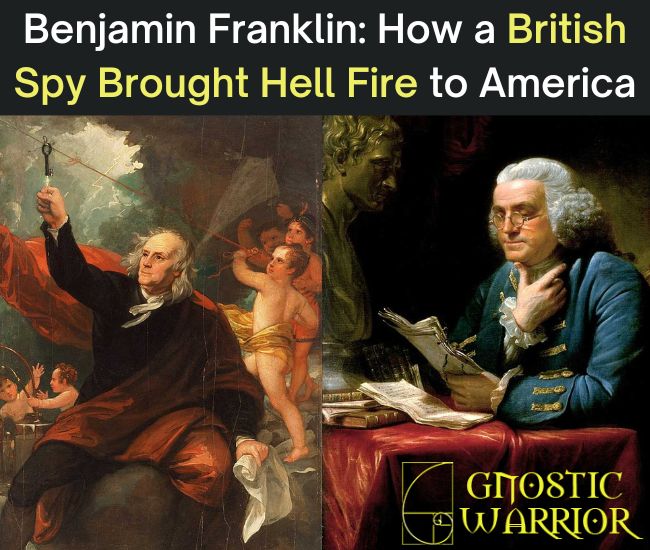
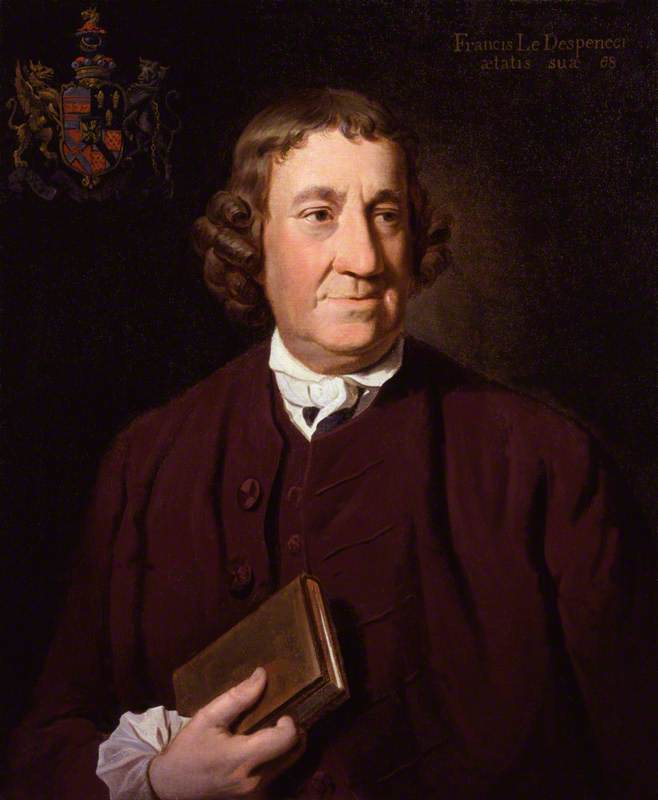
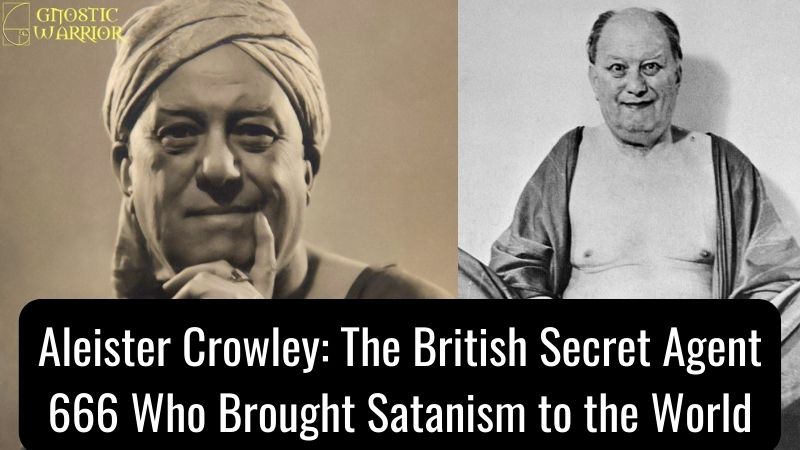
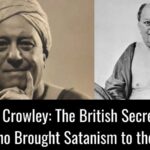
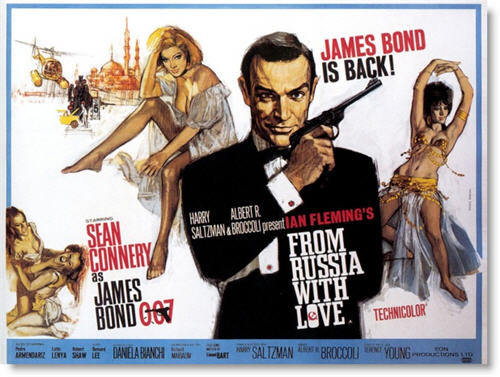
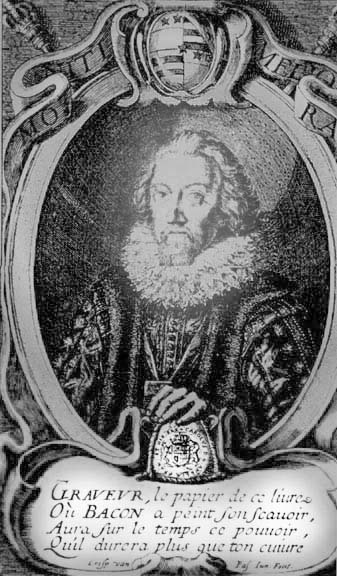

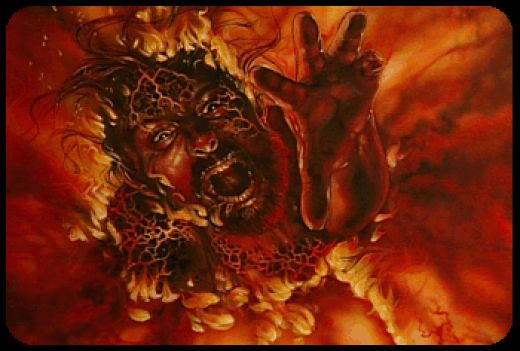
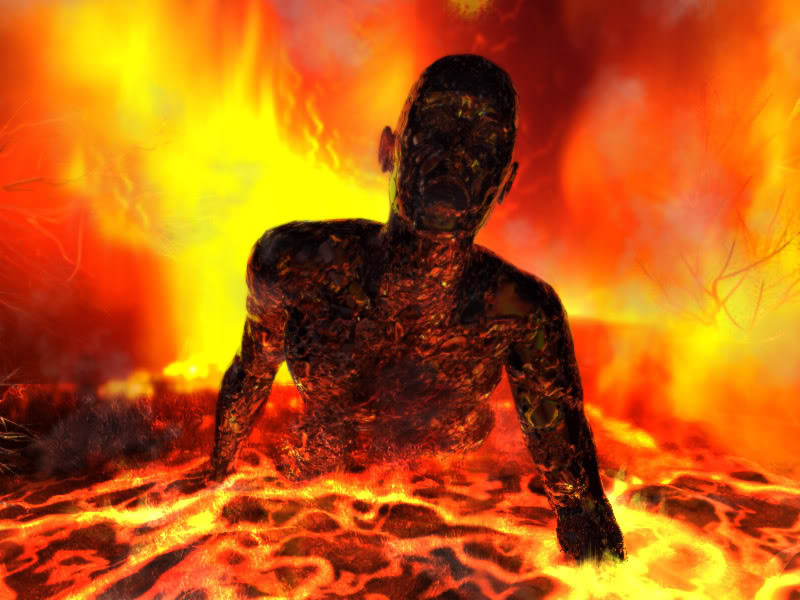
![How the East Saxons, during a pestilence, returned to idolatry, but were soon brought back from their error by the zeal of Bishop Jaruman [665 A.D.] | Book 3 | Chapter 30 How the East Saxons, during a pestilence, returned to idolatry, but were soon brought back from their error by the zeal of Bishop Jaruman [665 A.D.] | Book 3 | Chapter 30](https://www.gnosticwarrior.com/wp-content/plugins/contextual-related-posts/default.png)